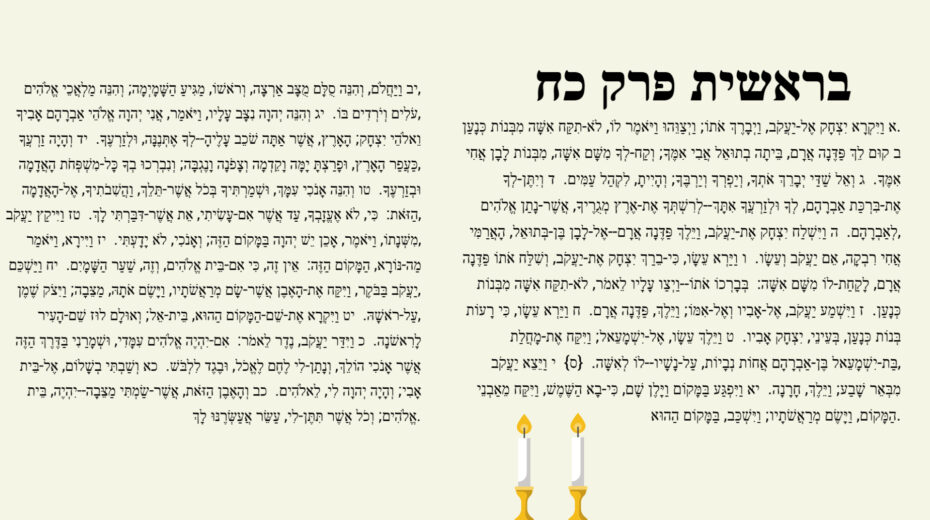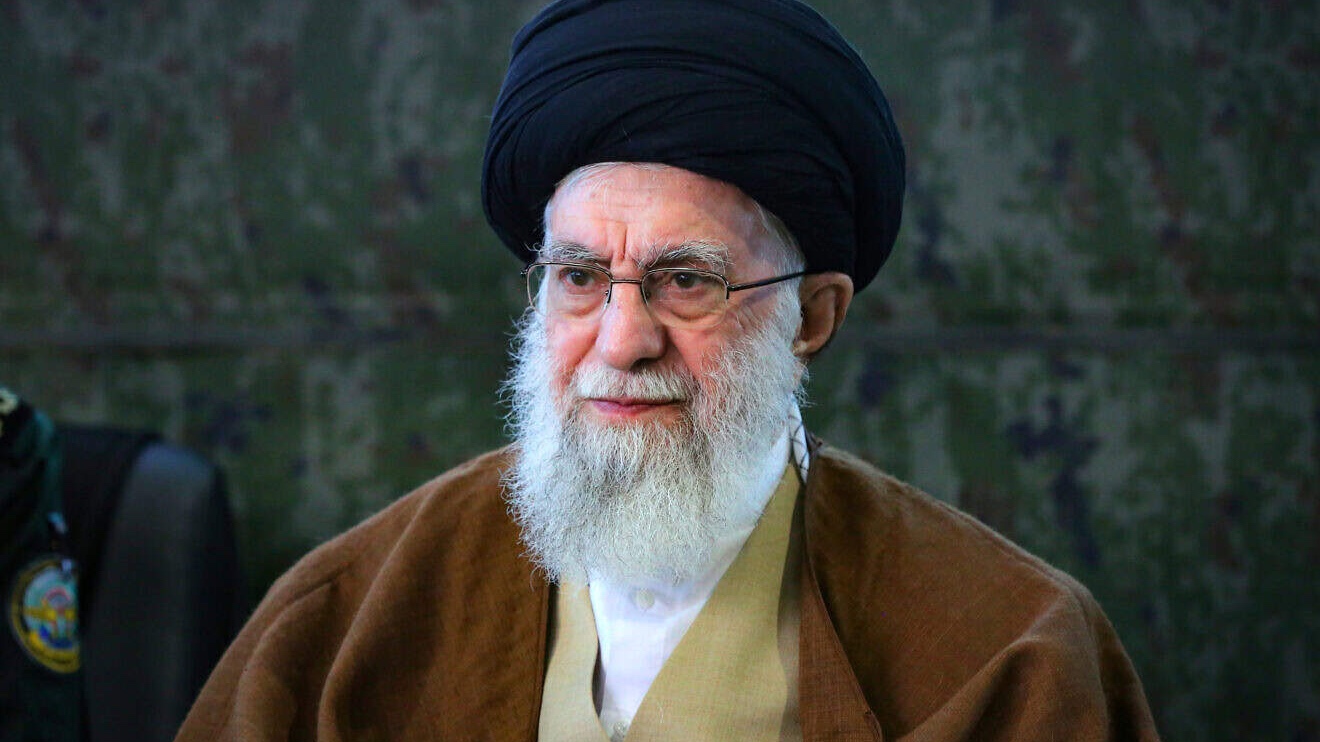The story of Isaac and Rebecca’s family is full of quarrels and conflicts, full of conspiracies and lies — all to obtain the blessing and the birthright.
Consider with me what motivates each of the characters in this difficult story. What is the desire that each of them has?
Isaac’s desire – Isaac is portrayed as a man who wants peace and avoids confrontations. He will give anything to avoid conflict. He will present his wife as if she is his sister (Genesis 26:7). When others block up the wells he has dug, he will dig another and another. And he will not even confront his wife or son when he finds out they were lying, that they cheated and deceived him. Isaac is not willing to confront anyone and it costs him dearly.
Esau’s desire – Esau is a hunter. He is looking for meat, and he is attuned to his body and its needs. He desires whatever his physical body wants. And when he is hungry, he will sell his birthright for lentil stew. “Look, I am about to die,” Esau said. “What good is the birthright to me?” (Genesis 25:32)

Rebecca’s Desire – Rebecca knows the divine will. It was told to her explicitly: “And the older [Esau] shall serve the younger [Jacob]” (Genesis 25:23). Jacob is her beloved son. She wants the birthright for him and also knows he was destined for it. She is willing to deceive her husband and lose her beloved son to fulfill that desire.
And Jacob’s desire – What does Jacob want? “Jacob was a quiet man, staying among the tents” (Genesis 25:27). Is his desire just to please his mother? Or maybe to annoy his brother? To be the firstborn? To be blessed?
What Jacob wants is not spelled out.
He serves as a tool Rebecca uses to fulfill what she wants. He does receive the birthright as if he was the firstborn, and he does receive the blessing — but at a heavy price: at the cost of exile. Jacob was sent away from home by his father and mother. He leaves his home, family and country, ostensibly for a few days (to find a wife). But in fact he goes into prolonged exile.
There he will have to find out what he wants, have to find the power that drives him, to find his way in the world.
This Torah passage is a great opportunity for all of us to find out what it is that we really want.
- What is the driving force in our life?
- When do we act to prevent conflicts?
- When do we act out of bodily desires?
- When do we resort to cunning tricks to get our way?
- And when do we act on the will of others?
There are various desires. Each will have its own results or consequences. Our goal should be to find the desire that benefits us and our environment. To find the desire that leads us to act in the way of faith and love, in the way of strengthening and support. A desire that leads us to unity.
And our goal should also be to avoid the desire that leads to a path of trickery and taking things from others, that leads to conspiracy and needless conflict, that leads to separation and exile.














